Close Encounters

Foxes, llamas, and one portentous bobcat remind the author of Ninetails: Nine Tales that the artistic process can’t be planned or tamed—and that perhaps its wildness is one of the reasons we write.
Jump to navigation Skip to content

Foxes, llamas, and one portentous bobcat remind the author of Ninetails: Nine Tales that the artistic process can’t be planned or tamed—and that perhaps its wildness is one of the reasons we write.

In the aftermath of his father’s death, an encounter with a literary hero at the Disquiet International Literary Program gives the author of Wyoming what he needs to write again: gratitude.

Ahead of this year’s Independent Bookstore Day, a look back at last year’s controversy when Amazon surprised indie stores with a sale of its own.
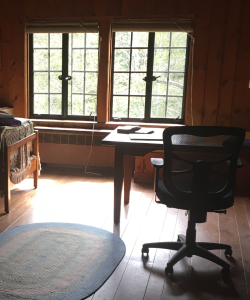
Amid political turmoil and momentous life changes, a retreat at the Blue Mountain Center gives the author of The Archer inspiring ideas about how to be an artist—even without writing any new pages.
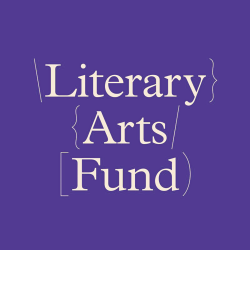
Seven private foundations have forged a new partnership to support literary arts organizations amidst an increasingly precarious funding landscape.
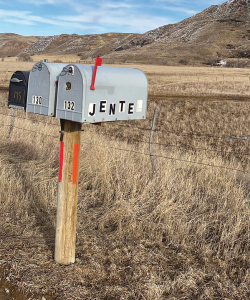
A fortuitous residency at Jentel gives the author of Incantation: Love Poems for Battle Sites a chance to dream big and forge the first hundred pages of a new collection in just two weeks.
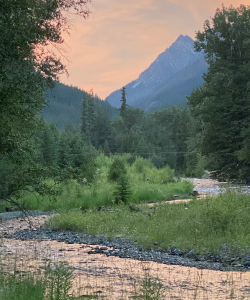
In a season of disappointment while trying to conceive, the author of How to Commit a Postcolonial Murder reconnects with creativity at the Summer Fishtrap Gathering of Writers.
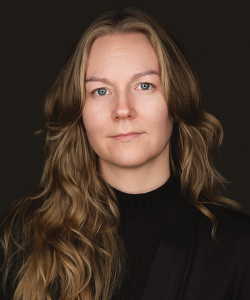
The new executive director of the American Literary Translators Association (ALTA) discusses the role of translation in the literary landscape and exciting upcoming initiatives at ALTA.
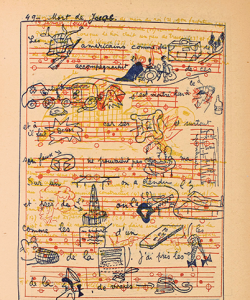
A new exhibition at the Center for Book Arts in New York City focuses on Isidore Isou and the postwar, avant-garde artistic movement he spearheaded in France.
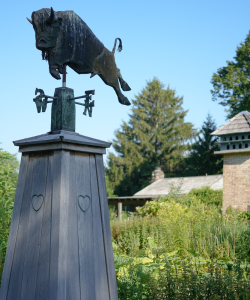
At Ragdale, the author of The Great Believers receives portents that shape her books and strengthen her resolve.